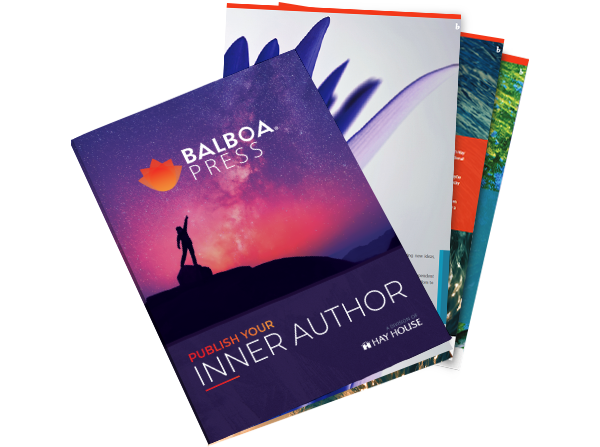Writing Articles
Transform Your Book Through Revision: The Importance of Drafting
Often we like to think of writers the way we see them in movies—sitting alone in a room with a typewriter, fervently typing chapter after chapter until a stack of perfect pages sits pristinely on the desk. The writer leans back in the chair, maybe letting out a sigh of relief and satisfaction. There it is—a finished book ready to be published and read by everyone. Unfortunately for real-life writers, the writing process just doesn’t look like that. Most writers write drafts—and lots of them. They revise their work over and over until their book is truly complete. Writing drafts is an integral part of the process, so don’t try to sidestep it. Here are some tips on how to approach each stage of the drafting process:
1. The First Draft
- Just Write. Many writers make the mistake of revising their work as they go—fine-tuning each sentence and reorganizing thoughts at every step. That type of perfectionism so early in the process can really stifle creativity—focusing too much on what you’ve already written can keep you from moving forward in new or interesting ways. So, instead of obsessively stopping and going, let your work form more organically. Leave in typos and misspellings. Allow yourself to ramble and write nonsense. Go on tangents. You may be surprised—and pleased—with where they take you.
- Keep an Open Mind. Remember that often the end result of an author’s work hardly resembles his or her original intentions at all. While your first ideas for your book may be wonderful, try not to get overly attached to that initial vision. Look at this endeavor as an opportunity for your own self-improvement, a chance not only to refine the ideas you already have—to make them more precise and more helpful to others—but also to stumble across new ideas that might strengthen or transform your book in surprising ways. So, don’t delete anything—you may find that something you hate now will be useful to you later.
2. Middle Drafts
- Explore your options. Think of revision exactly how it sounds, as re-vision—envisioning again. Reflect on your original goals for the book. Then, take a close look at the pieces you have and discover how they can be manipulated to either reinforce or improve that original vision. Consider what new directions you might take. Think about what can be cut, moved, added or clarified. This is a time for restructuring and refining at every level—from sentence to paragraph to chapter to book.
- Trust your instincts. Write as many drafts as it takes for you to feel your book is complete. Generally speaking, the more revisions you go through, the more organized your ideas will become and the clearer your message will be. However, be mindful that it is possible to overwork your writing. Just because revision is important doesn't mean you’ll have to revise everything. Trust your writing and your voice, but be honest with yourself about what’s not working and what could be made better.
3. The Final Draft
- Don’t stop now. Now that you’ve put so much care into crafting your book, don’t forget to carefully edit things like spelling, grammar, and word choice. While content is king, it’s important not to overlook this crucial step of final editing. Many readers will quickly dismiss the most beautiful of messages if it’s buried under glaring mistakes.
- Be thorough. This is the time to delve into the technical details. Comb your writing for comma splices, track down typos, and break out your dictionary. Hire a professional editor or ask an English-savvy friend or two to help you find and correct every last mistake.
Breaking the writing process down into these smaller stages will help make the task of writing your book more manageable. If you can embrace the idea that your first—or even your second or third—manuscript isn’t supposed to be perfect, you might find yourself more confident and comfortable as you write. You may not feel like a movie star, but you will feel like an author.
By clicking “Claim My Free Guide”, you are providing your electronic signature, voluntarily authorizing Balboa Press and its affiliates to contact you using a manual or automated telephone dialing system and send you advertisement or telemarketing messages by email or text/SMS/MMS message to the address and phone number you have provided above. You are not required to agree to this in order to buy products or services from Balboa Press. You certify that you are over the age of eighteen (18). You’ll get up to ten (10) messages per month. Standard message and data rates may apply. Click here to view our Privacy Policy.

